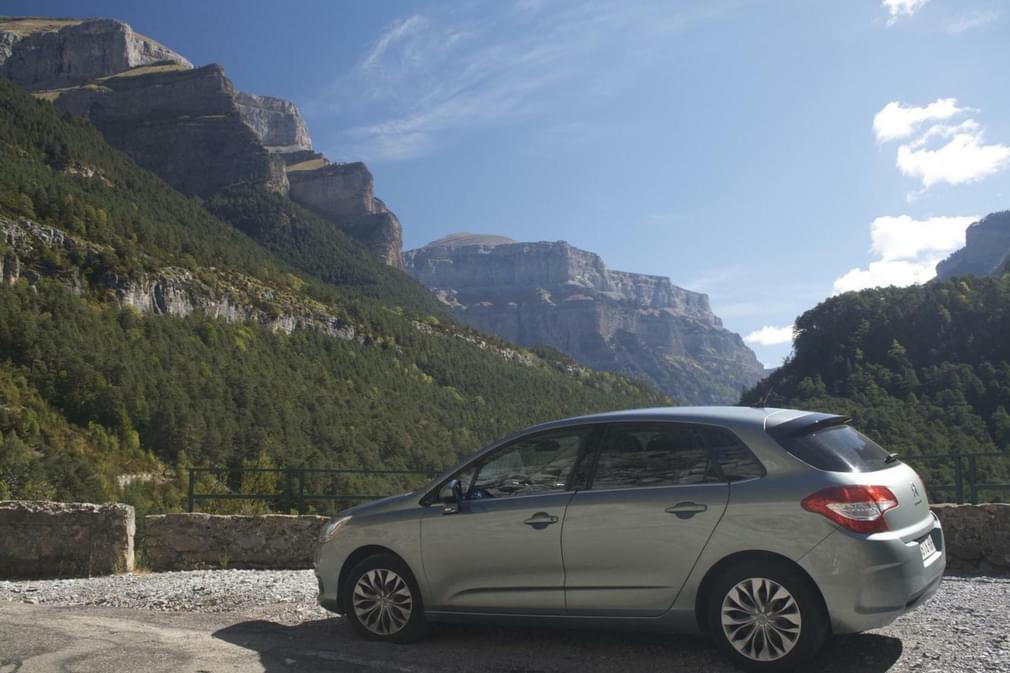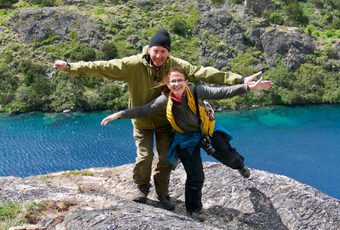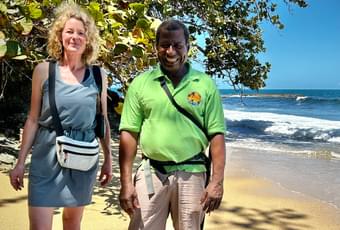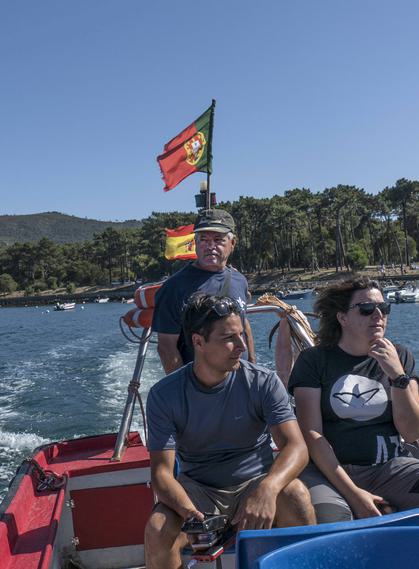Best tips on driving in Spain

Spain has wonderful driving roads as well as superb diverse scenery, so renting a car in Spain is a great way of getting around and visiting remote villages to get to know the Spanish culture independently.
Driving in Spain is usually very easy, however you need to be aware of certain travel requirements and basic information. Hopefully the following points will provide you with useful tips and explain you the essential facts you need to know, including information on Spanish law and driving regulations.
Driving licences
If you hold an EU driving license, you do not need an International Driving Permit. But, you should still have your passport with you all the time as the Guardia Civil can ask you for it if they stop you. On the other hand, if you are from the U.S, or further afield you will need to have an international driving permit as well as your normal state issued driving license from your state to drive in Spain. This allows you to drive for a period of up to 90 days.
Car insurance
Basic insurance (collision damage waiver - CDW) is included in rental rates as a matter of course. For more comprehensive insurance, including the zero excess cover, it's worth checking with your insurance company before you come to Spain to check with your if they cover you while driving in Spain. If not you can buy insurance at the rental car company. If you are EU based, you can buy an annual car hire excess policy for not much money at www.insurance4carhire.com
Car breakdowns assistance
In case of breakdowns, assistance may be sought from the Spanish Royal Automobile Club: Tel. (0034 91) 5947 400. Visit their website at www.race.es
Children safety
Children up to the age of 12 and measuring less than 135cm travelling in the front seat of a car must be seated in a child restraint system adapted to their size and weight.
Seat belts
The wearing of seat belts is compulsory on the front seats of all private vehicles. Vehicles manufactured after 15th June 1992 must also wear seat belts in the rear of the vehicle.
What do I need to carry with me when driving in Spain?
Drivers license
Insurance documents
Ownership documents (or rental documents)
Wearers of spectacles should carry a spare pair
Fluorescent jackets for all occupants (day or night when outside the vehicle at the side of any highway)
Two warning triangles
Fire extinguisher (recommended)
First-aid kit (recommended)
Drinking and driving
Spain has strict drink driving laws, only allowing 0.5 mg/l of alcohol. It is stricter than here in the UK where the limit is 0.8 mg/l.
Mobile phone when driving
Do not use a cell phone while driving because it is against the law, unless it is a real hands-off phone. They take this seriously and pull over to make or receive a call.
Paying traffic fines
If you are a visitor without assets in Spain, fines are payable in cash 'on the spot'. If you are unable to pay immediately, they can impound the car. It is therefore wise to pay immediately, especially as there is a discount if you do so. Be sure to get a receipt, especially if you think the police officer has been unfair (a fine can be contested within 15 days).
Important rules to follow when driving in Spain
As a general rule, drivers approaching an intersection must give way to all vehicles coming from the right. At a roundabout, drivers already on the roundabout have right of way. Drivers on secondary roads must give way to vehicles coming from either direction when entering a main road. Vehicles on rails and emergency vehicles have priority over other road users.
Parking your car in Spain
The blue parking zone is indicated by signs. The maximum parking period is usually two hours during the day. Usually, there is no parking limit between 20:00 and 08:00. Road signs indicate the areas where parking is restricted and must be paid for.
A driver whose vehicle has been taken away must go to the nearest police station. In order to get his car back, he must pay the fine for the parking offence, plus the costs of towing together with a parking fee for the time during which the vehicle was impounded.
Speed limits for cars and motorbikes
Motorways 120kph / 75mph
Standard roads 100kph / 62mph
Other roads 90kph / 56mph
Built-up areas 50kph / 31mph
Residential areas 20kph / 12mph
What is the conversion for km to miles?
1 mile = 1.6 km
1km = 0.6 miles
Petrol type in Spain
Leaded = super or super 98
Unleaded = sin plomo 98 or Eurosuper 95
Diesel = gasoleo
Rush hour period in Spanish cities
08:00-09:30 h
12:30-14:30 h
15:30-17:00 h
18:30-20:30 h
Spain's road information and signs
Aparcamiento - Parking ramp
Ceda el Paso - Give Way
Centro - Town Centre
Comisaria - Police Station
Cuidado - Drive with care
Desvío - Detour
Dirrección Única - One-way street
Cambio de Sentido - change of lane/direction
Obras - Roadworks
Peligro - Danger
Todas Direcciones - All directions
el tanque de gasolina - gas tank
la matrícula - license plate
el acumulador - battery
el radiador - radiator
Autopista - Motorway
Despacio - Slow
Prohibido el paso - Road Closed
Mantenga su izquierda - Keep left
Mantenga su derecha - keep right
Prioridad a la izquierda - Priority to left
Prioridad a la derecha - Priority to right
Enciendense sus luces - Switch on lights
Salida - Motorway Exit
What number to call for the emergency services in Spain?
Police Service - 091
Ambulance service - 092
Fire Service - 080
Our Spain holidays Get in touch Subscribe to The Pothole
The Pothole is Pura Aventura's popular monthly email. We share what we love, what interests us and what we find challenging. And we don't Photoshop out the bits everyone else does. We like to think our considered opinions provide food for thought, and will sometimes put a smile on your face. They've even been known to make people cry. You can click here to subscribe and, naturally, unsubscribe at any time.
The Pothole is Pura Aventura's popular monthly email. We share what we love, what interests us and what we find challenging. And we don't Photoshop out the bits everyone else does. We like to think our considered opinions provide food for thought, and will sometimes put a smile on your face. They've even been known to make people cry. You can click here to subscribe and, naturally, unsubscribe at any time.








 By
By 

